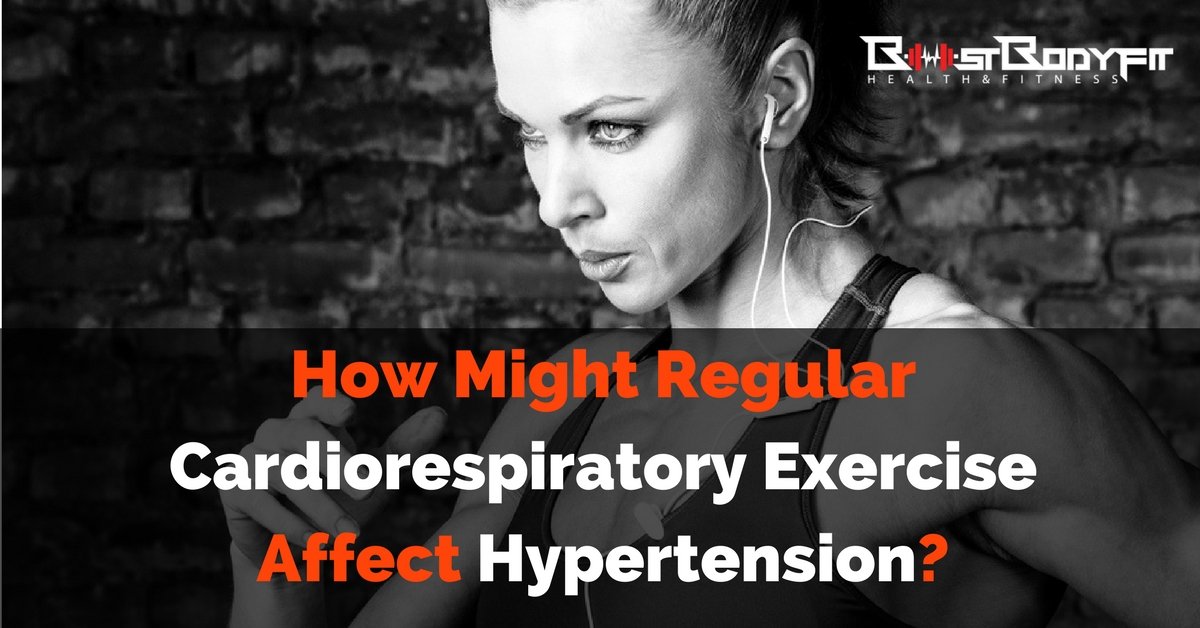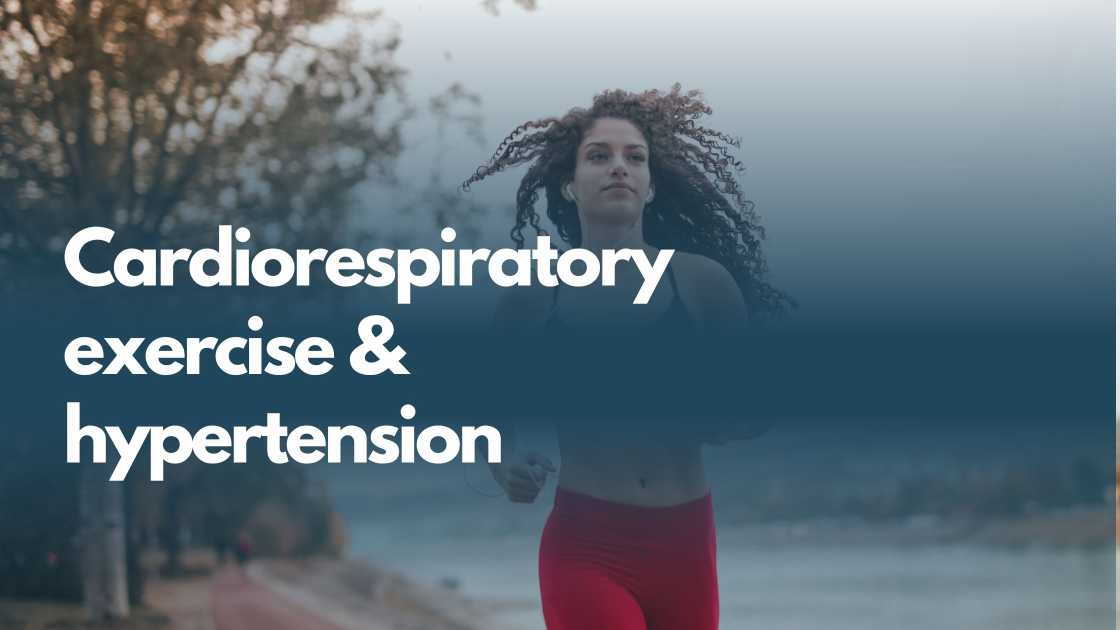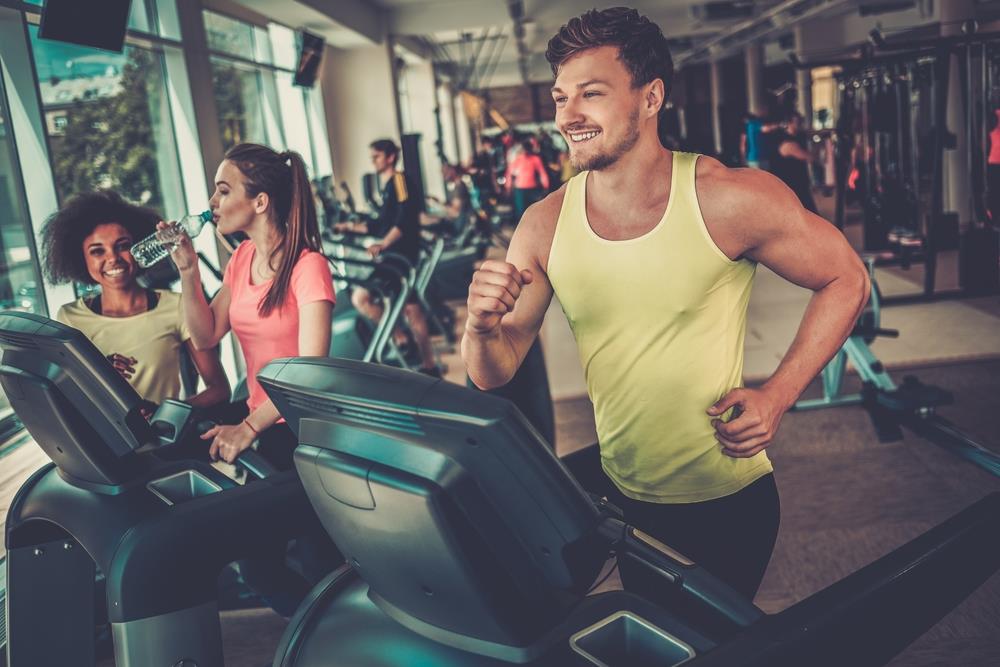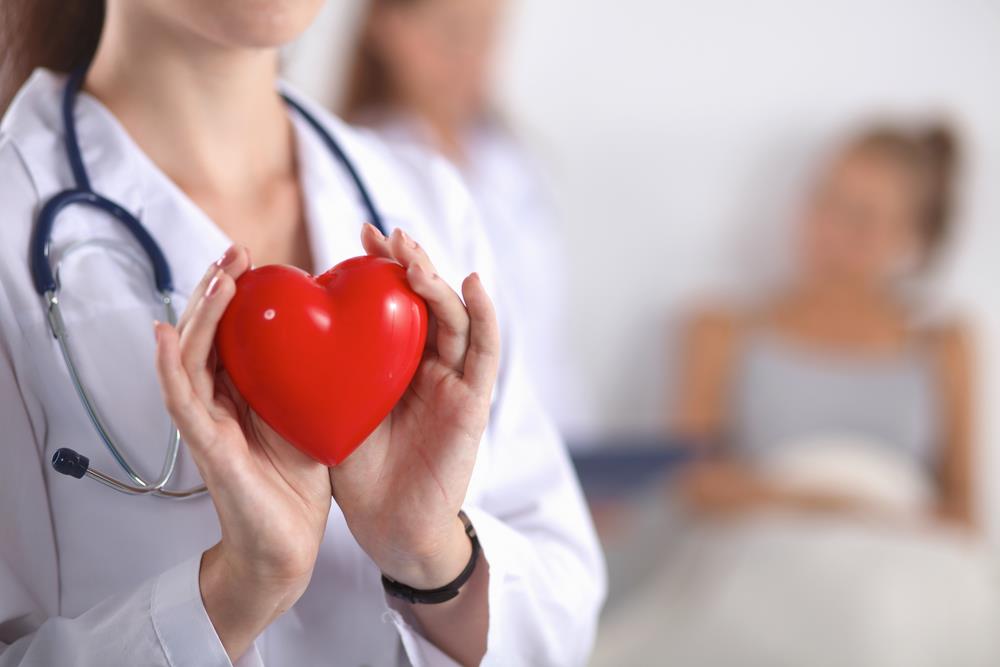While you are exercising, your blood pressure (along with your pulse) goes up, to supply the additional blood flow that your exercising muscles need. Otherwise, regular exercise lowers your blood pressure throughout the day.
How does hypertension affect the cardiorespiratory system?
High blood pressure can damage your arteries by making them less elastic, which decreases the flow of blood and oxygen to your heart and leads to heart disease. In addition, decreased blood flow to the heart can cause: Chest pain, also called angina.
How does regular exercise affect blood pressure in hypertensive individuals?
Physical activity not only helps control high blood pressure, also known as hypertension, it also helps you manage your weight, strengthen your heart and lower your stress level.
Does cardiorespiratory endurance increase blood pressure?
Physically active lifestyles can mitigate age-related increases in arterial stiffness4 (and consequently in blood pressure) through increased cardiorespiratory fitness.
Is cardio exercise good for hypertension?
Cardiovascular, or aerobic, exercise can help lower your blood pressure and make your heart stronger. Examples include walking, jogging, jumping rope, bicycling (stationary or outdoor), cross-country skiing, skating, rowing, high- or low-impact aerobics, swimming, and water aerobics.
How does blood pressure relate to fitness?
Regular exercise makes the heart stronger. A stronger heart can pump more blood with less effort. As a result, the force on the arteries decreases. This lowers blood pressure.





Can you be very fit and have high blood pressure?
The answer is yes: You can develop primary hypertension, or high blood pressure, even if you exercise regularly, eat healthy foods, and don't smoke.
Frequently Asked Questions
How bad is 160 over 80 blood pressure?
Normal pressure is 120/80 or lower. Your blood pressure is considered high (stage 1) if it reads 130/80. Stage 2 high blood pressure is 140/90 or higher. If you get a blood pressure reading of 180/110 or higher more than once, seek medical treatment right away.
Does cardiorespiratory fitness increase blood pressure?
Physically active lifestyles can mitigate age-related increases in arterial stiffness4 (and consequently in blood pressure) through increased cardiorespiratory fitness.
What happens to blood pressure during cardiovascular exercise?
During cardiovascular exercise, for example, systolic pressure can increase to values close to and over 200 with higher levels of effort. Diastolic pressure, on the other hand, is a relatively stable value during exercise and under daily activity.
How might regular cardio respiratory exercise affect hypertension
Oct 26, 2015 — Regular cardiorespiratory exercise affect hypertension by: B. Hypertension may be reduced immediately following and for almost 24 hours after
What happens to systolic BP during exercise?
In clinically healthy patients, systolic arterial blood pressure increases during dynamic exercise and stabilizes after 2-3 minutes of exercise of a given intensity [3, 4]. Diastolic blood pressure in such conditions usually remains unchanged or may decrease insignificantly [3].
FAQ
- Is there a relationship between exercise and blood pressure?
- Regular exercise makes the heart stronger. A stronger heart can pump more blood with less effort. As a result, the force on the arteries decreases. This lowers blood pressure.
- How do systolic BP and diastolic BP respond to graded exercise of increasing intensity?
- Blood Pressure Mean arterial blood pressure increases in response to dynamic exercise, largely owing to an increase in systolic blood pressure, because diastolic blood pres- sure remains at near-resting levels.
- Why does systolic blood pressure increase with exercise intensity?
- Your muscles need more oxygen than they do when you're at rest, so you have to breathe more quickly. Your heart starts to pump harder and faster to circulate blood to deliver oxygen to your muscles. As a result, systolic blood pressure rises.
- What happens to pressure during exercise?
- Normally, blood pressure rises during exercise due to increased cardiovascular demand and oxygen uptake from working muscles [17]. There is an immediate increase in sympathetic activity and heart rate to boost cardiac output [18].
- What causes an increase in pressure?
- What causes high blood pressure? High blood pressure usually develops over time. It can happen because of unhealthy lifestyle choices, such as not getting enough regular physical activity. Certain health conditions, such as diabetes and having obesity, can also increase the risk for developing high blood pressure.
How might regular cardio-respiratory exercise affect hypertension
| Is blood pressure increase or reduced by physical activity? | Being active lowers your blood pressure by keeping your heart and blood vessels in good shape, lowering your risk of heart disease and stroke. If you have high blood pressure, your doctor or nurse will probably suggest that you try to become more active to lower it. It has countless other benefits too. |
| What makes your pressure go up? | If you have too much sodium or too little potassium in your diet, you may develop elevated blood pressure. Tobacco use. Smoking cigarettes, chewing tobacco or being around smoke (secondhand smoke) can increase blood pressure. Drinking too much alcohol. |
| Does pressure affect movement? | Fluids move because of differences in pressure. Pressure relates to the speed and density of molecules in an area. If the molecules hit the edge of a container more often, the pressure is higher. So pressure is related to density - higher density fluids tend to be higher pressure. |
| What should your blood pressure be during cardio? | Typical systolic blood pressure during exercise is below 210 mm Hg for men and 190 mm Hg for women. About 90% of people have readings below this measure. |
- Does good blood pressure mean your heart is healthy?
- Having normal blood pressure is a sign of a healthy heart. Normal blood pressure is below 120/80 mm Hg. High blood pressure is a systolic pressure of 130 or higher, or diastolic pressure of 90 or higher, that stays high over time.
- Can I exercise if my blood pressure is 140 90?
- For each of the three groups, the paper outlines the first exercise priority for lowering blood pressure, followed by alternatives that still achieve reduction but to a lesser extent. For people with hypertension (blood pressure of at least 140/90 mmHg), aerobic exercise is the most effective method.
- What are the signs of good cardiovascular fitness?
- Healthy Breathing – If you can perform moderately intense physical activities, such as brisk walking, running, or lifting weights without experiencing chest pain, tightness in the chest or shortness of breath, your cardiovascular system is supplying your body with the oxygen levels it needs. You have a healthy heart.
- What is a normal blood pressure during exercise stress test?
- Blood Pressure Response During Exercise: What's Normal, What's Not. During exercise, healthy individuals experience a maximum blood pressure of up to 250 mmHg. Moreover, stress-induced diastolic blood pressure should only increase by up to 10 mmHg.
